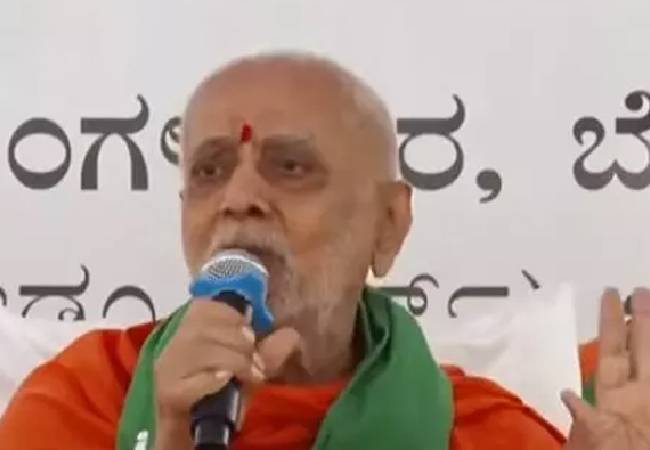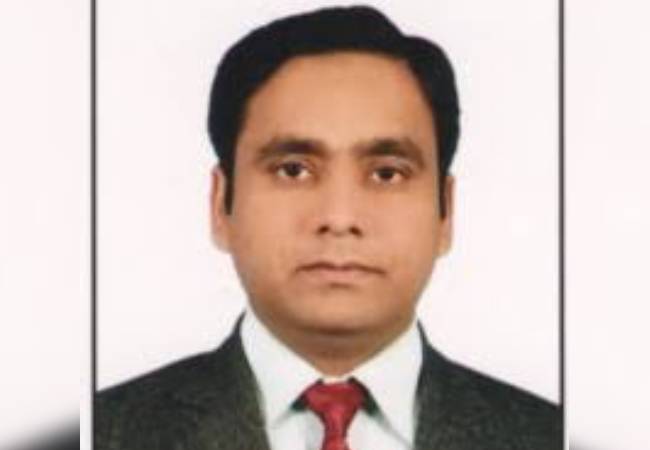Jammu (PTI): The Office of the Chief Electoral Officer has said nine FIRs were lodged and five government employees suspended for violations of the Model Code of Conduct in Jammu and Kashmir.
Twenty-three warnings were issued and inquiries were underway in 48 cases of poll code violations, the Office of the Chief Electoral Officer (CEO) said in a statement.
The Model Code of Conduct for elections to the Jammu and Kashmir Assembly came into effect on August 16.
The statement from the CEO's office said 175 cases of poll code violations, including 96 against political parties and candidates and 53 against government employees, had been reported across Jammu and Kashmir.
However, 89 complaints were dropped as these were found to be "baseless and false", the statement said and added five government employees were placed under suspension by the authorities in Srinagar for participating in political activities and further inquiry was initiated against them.
Warnings were issued to violators in 23 cases while FIRs were lodged in nine cases of violations of serious nature. Inquiries have been initiated in 48 cases, the statement said.
Elections to the 90-member Jammu and Kashmir Assembly will be held in three phases on September 18, September 25 and October 1, and the votes counted on October 8.
Let the Truth be known. If you read VB and like VB, please be a VB Supporter and Help us deliver the Truth to one and all.
Bengaluru: Campaign Against Hate Speech, a collective of lawyers, activists, and concerned citizens, has urged Karnataka’s Home Minister, Shri Parameshwara G, and Director General of Police, Dr. Alok Mohan, to take legal action against Chandrashekar Swamiji, the seer of Vishwa Vokkaligara Mahasamsthana Mutt. The demand follows an alleged hate speech made by the seer during a protest organized by the Bharatiya Kisan Union at Freedom Park on November 26, 2024.
The organization claimed that the speech was divisive and aimed at spreading communal hatred and enmity between communities. Chandrashekar Swamiji allegedly made inflammatory remarks, including false claims about the authority of the Waqf Board and a controversial suggestion that Muslims in India should be stripped of their voting rights. The speech, delivered to a large audience, has since been uploaded to YouTube by TV9 Kannada, amassing over 6,900 views.
The organization provided excerpts of the speech, which they say falsely accused the Waqf Board of arbitrarily taking over properties, including farmland, and asserted that minorities in Pakistan do not have voting rights. These remarks, they argued, not only mislead the public but also incite hostility against the Muslim community and misrepresent the functioning of the Waqf Board. The statement suggesting that Muslims should be denied voting rights was described as unconstitutional and harmful to the secular and democratic values of the country.
In their letter, the collective highlighted specific sections of the Bharatiya Nyaya Sanhita (formerly the IPC) that they believe the speech violates. These include provisions against promoting enmity between communities, making assertions prejudicial to national integration, and spreading false or alarming information intended to incite hatred. They also pointed out that comments on the video supported the seer’s views, reflecting the potential for real-world consequences stemming from the speech.
While Chandrashekar Swamiji has since issued a written apology, Campaign Against Hate Speech argued that it is insufficient. The apology has not been widely circulated, while the original speech continues to be shared online, further amplifying its divisive message.
The organization has requested legal action against the seer and restrictions on the offensive video. They have also called for a broader public awareness campaign to educate people about the legal and social consequences of hate speech. Additionally, they suggested that the upcoming winter session of the Karnataka Assembly address the growing issue of hate speech comprehensively.
The letter underscored the importance of preserving Karnataka’s identity as a “garden of peace for all communities,” as envisioned by Rashtrakavi Kuvempu. Citing Dr. B.R. Ambedkar’s vision of democracy as a mode of “associated living,” they stressed that such remarks not only threaten a specific community but also undermine the foundational values of the nation.





